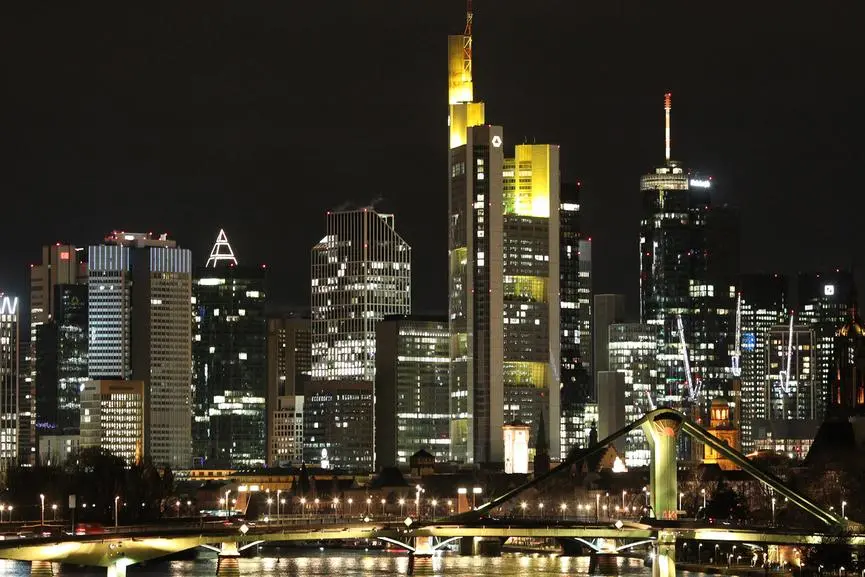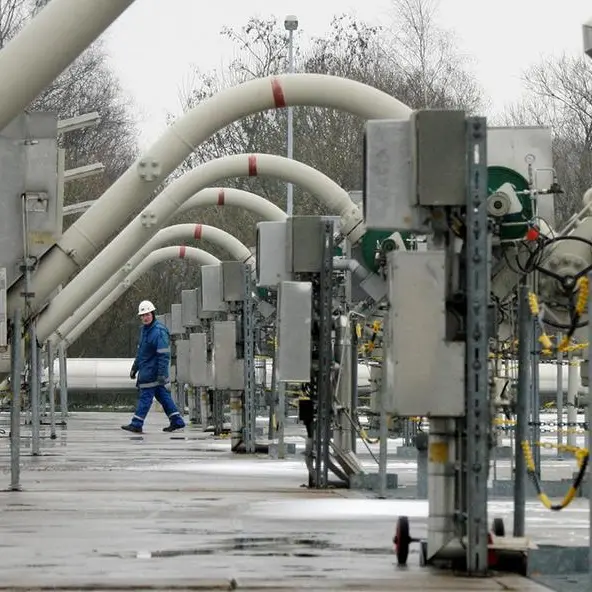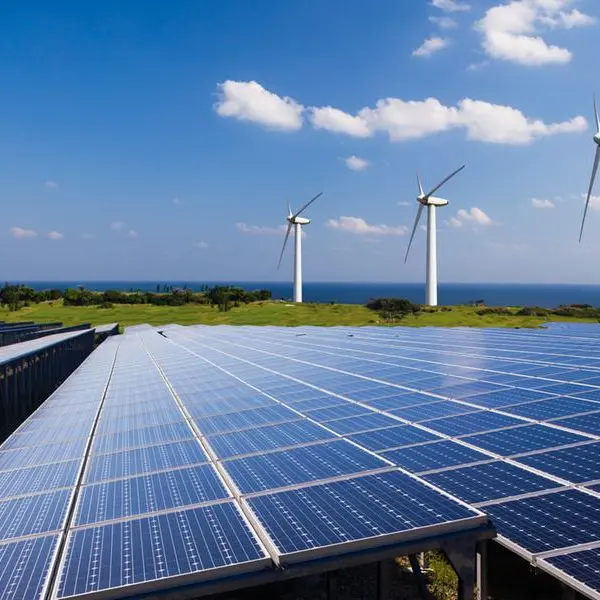PHOTO
German industrial orders rose significantly in May, official data showed Tuesday, despite concerns that Europe's largest economy was set for a period of subdued growth.
New orders, closely watched as a foretaste of future industrial activity, rose by 6.4 percent in May, federal statistics agency Destatis said.
The indicator climbed for the second month in a row, after Destatis revised up its figures for April to an increase of 0.2 percent from a drop of 0.4 percent.
May's rise was driven by increased orders for transport equipment, including ships, railway rolling stock, aircraft and military vehicles, which shot up 137.1 percent on a month.
Orders for motor vehicles -- a key sector of the German economy -- also rose by 8.6 percent.
The picture however remained mixed, with orders for electrical equipment falling by 15 percent.
Domestic orders rose by 6.2 percent, while those from abroad similarly rose by 6.4 percent.
The improved order figures will provide a degree of relief for those concerned about the health of the German economy.
Despite a "gloomy business climate in the manufacturing sector, there are signs of a slight, albeit restrained expansion in industrial production in the course of the year", the economy ministry said in a statement.
A string of weak economic data had raised fears that the German economic motor was beginning to stall.
Germany fell into recession around the start of the year, as high inflation, elevated energy costs and tepid growth in key markets weighed on the economy.
The growing headwinds led the country's top economic institutes to forecast that the economy will shrink by 0.2 percent over the course of 2023.





















